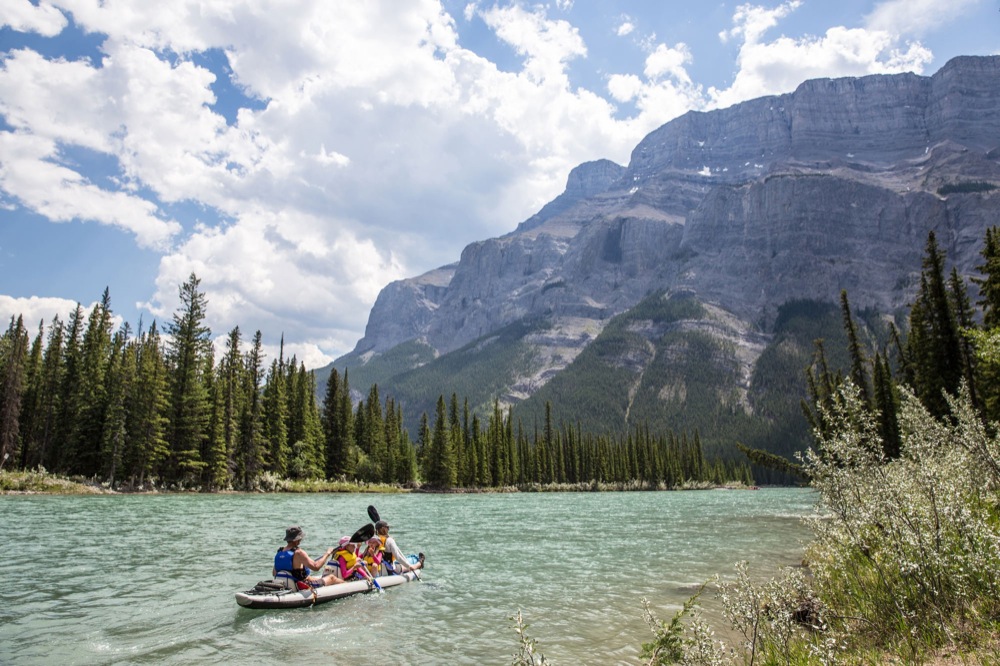
Canada’s milestone anniversary grants free access to national parks
By Aaron Guillen, Staff Reporter
British Columbia isn’t marketed as “super natural” for nothing—the beauty of its national parks speak for themselves. In order to commemorate Canada’s 150th year since Confederation, all national parks, historic sites, and marine conservation areas will be available to the public for free in 2017. By simply ordering a Discovery Pass, Canadians across the nation will be granted access to nearly 40 national parks, with 7 located in BC alone.
Last month, news of the free passes resulted in the crashing of the Parks Canada website after hundreds of thousands of visitors visited the site. According to Parks Canada, over 900,000 Canadians have signed up to receive the pass. As demand has proven abundant, park officials have politely given the nod to allowing visitors access without Discovery passes, although they find it significantly more helpful if people sign up, simply to keep track of the numbers on their end.
“If they don’t come and they don’t stop either at a gate or a visitor centre or campground, we get very few opportunities to interact with them. So to be able to provide safety information, wildlife information, we’re really encouraging people to drive through the gate and get a pass,” said Parks Canada representative Greg Danchuk to Global News.
“We want people to keep in the habit of getting a pass, so when they come back next year or years in the future, they know that they need to have a pass to get into the national park.”
As the word of free access continues to travel across the nation, well-known national parks, such as Banff, are expected to see upwards of half a million more visitors this year. Banff Mayor Karen Sorensen told CTV News about her hopes of free and frequent shuttles between the city’s downtown core and the park being implemented come the peak summer season.
While visitor numbers are expected to grow, park officials are concerned that wildlife numbers will do the opposite. Wildlife Expert, Ben Gadd pointed out to CTV News that “With extra people and extra cars on the highway, more animals [will be] getting squashed.”
While the message of appreciation for the outdoors and nature are at the top of the park officials’ list, many hope the influx in visitors won’t ruin a perfect destination.
“When we poll people who visit our national parks, most people say that they go to the parks to experience wilderness and wildlife,” said Alison Ronson, director of northern Alberta’s Canadian Park and Wilderness Society (CPAWS) to CBC.
“I think we should take a cue from that and make sure that we are doing our best to protect the wilderness and protect the wildlife, so that people can continue to enjoy them, and future generations can continue to enjoy that as well.”
